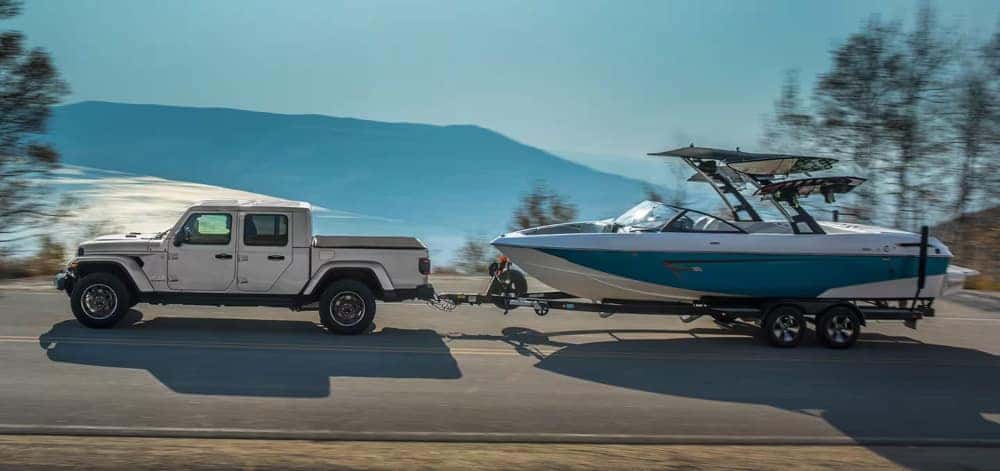Jeep Winter Tires Versus All-Season Tires

When winter’s icy grip tightens its hold on roads, the choice of tires becomes a crucial decision for drivers. Two popular options are Jeep winter tires and all-season tires, each possessing distinct characteristics and advantages tailored to specific driving conditions. Understanding the differences between these two tire types can help drivers make informed choices to enhance their safety and performance during the colder months.
Jeep winter tires, often referred to as snow tires, are specifically engineered to excel in frigid and snowy conditions. These tires feature unique tread patterns, softer rubber compounds, and advanced siping designs that maximize traction on icy and snowy surfaces. The tread patterns of winter tires are more aggressive, with deeper grooves and channels that help evacuate slush and water, thereby reducing the risk of hydroplaning. Additionally, the softer rubber compounds remain pliable in colder temperatures, providing improved grip on icy roads. These attributes collectively result in superior braking, accelerating, and cornering capabilities in winter environments, enhancing both safety and performance.
On the other hand, all-season tires are designed to offer a balance between performance and versatility across various weather conditions. They possess a more moderate tread pattern that accommodates both wet and dry road surfaces. While all-season tires provide acceptable performance in mild winter conditions, they may struggle to maintain adequate grip and traction on extremely icy or snowy roads. The rubber compounds used in all-season tires are harder, which can lead to reduced flexibility and grip in colder temperatures. While all-season tires offer convenience and eliminate the need for seasonal changes, they may compromise performance when faced with the harsh realities of winter driving.
For Jeep owners seeking optimal winter performance, dedicated winter tires are the recommended choice. Their specialized design ensures maximum grip, traction, and control, enabling drivers to confidently navigate through snow-covered roads, icy patches, and slushy conditions. Jeep winter tires can significantly reduce the risk of accidents and increase driver confidence, especially when tackling challenging winter terrains or embarking on outdoor adventures.
However, it’s important to note that using Jeep winter tires exclusively during the colder months comes with some trade-offs. Winter tires’ softer rubber compounds wear out faster when exposed to warmer temperatures, leading to reduced longevity compared to all-season tires. Therefore, drivers should be prepared for the additional cost and effort associated with swapping out tires twice a year, which may involve purchasing a separate set of wheels.
In contrast, all-season tires offer a convenient year-round solution, eliminating the need for seasonal tire changes. They excel in milder winter conditions and can handle light snow and slush, making them a practical choice for regions with less severe winters. Jeep owners residing in areas where the winters are relatively mild might find all-season tires to be a suitable compromise between convenience and performance.
In conclusion, the choice between Jeep winter tires and all-season tires hinges on the climate, driving habits, and preferences of the owner. Winter tires are unparalleled in their ability to provide superior traction and safety in icy and snowy conditions, making them the ideal choice for harsh winter environments. On the other hand, all-season tires offer convenience and versatility across different weather conditions, making them a practical choice for areas with milder winters. Ultimately, the decision should prioritize safety and performance to ensure a smooth and secure driving experience during the winter months.



